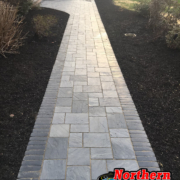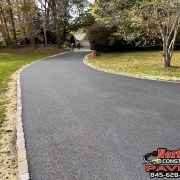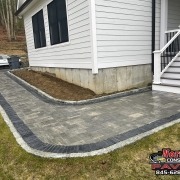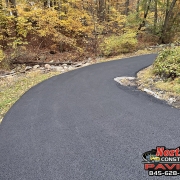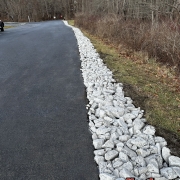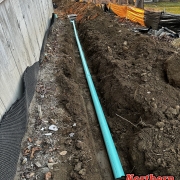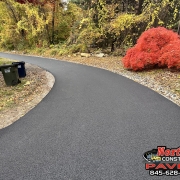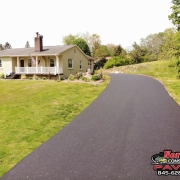https://northernconstructionpaving.com/wp-content/uploads/2023/06/c9-copy-scaled.jpg
1920
2560
Daniel Cozzi
https://northernconstructionpaving.com/wp-content/uploads/2020/03/ncp-logo-300x128.png
Daniel Cozzi2025-05-19 14:12:432025-05-19 14:12:43Transform And Redesign Your Homes Front Staircase With Bluestone & Belgian Block
https://northernconstructionpaving.com/wp-content/uploads/2024/05/young-2-copy.jpg
960
1280
Daniel Cozzi
https://northernconstructionpaving.com/wp-content/uploads/2020/03/ncp-logo-300x128.png
Daniel Cozzi2025-04-23 13:49:372025-04-23 13:49:37Spring Driveway Maintenance In Westchester and Putnam Counties
https://northernconstructionpaving.com/wp-content/uploads/2025/03/old-house-1-copy.jpg
2016
1512
Daniel Cozzi
https://northernconstructionpaving.com/wp-content/uploads/2020/03/ncp-logo-300x128.png
Daniel Cozzi2025-03-09 18:37:022025-03-09 18:37:02Install A Paver Walkway Or Patio At Your Home This Spring!
https://northernconstructionpaving.com/wp-content/uploads/2023/10/wavccabuc-2-copy-scaled.jpg
1920
2560
Daniel Cozzi
https://northernconstructionpaving.com/wp-content/uploads/2020/03/ncp-logo-300x128.png
Daniel Cozzi2025-02-12 16:41:012025-03-09 08:38:21Preparing Your Driveway For Spring In Westchester And Putnam Counties!
https://northernconstructionpaving.com/wp-content/uploads/2023/01/our-house-2-1-copy-scaled.jpg
1920
2560
Daniel Cozzi
https://northernconstructionpaving.com/wp-content/uploads/2020/03/ncp-logo-300x128.png
Daniel Cozzi2025-01-26 08:43:142025-02-12 16:00:54Winter Paver Maintenance In Westchester And Putnam Counties, New York
https://northernconstructionpaving.com/wp-content/uploads/2023/11/hilda-4-copy-scaled.jpg
1920
2560
Daniel Cozzi
https://northernconstructionpaving.com/wp-content/uploads/2020/03/ncp-logo-300x128.png
Daniel Cozzi2024-12-15 16:24:202024-12-15 16:24:20Fall Driveway Preparation In Westchester And Putnam Counties
https://northernconstructionpaving.com/wp-content/uploads/2024/01/swail-3-copy-scaled.jpg
2560
1920
Daniel Cozzi
https://northernconstructionpaving.com/wp-content/uploads/2020/03/ncp-logo-300x128.png
Daniel Cozzi2024-01-30 09:19:312024-03-17 13:55:17How To Install A Grass Or Rip Rap Swale to Control Water Runoff
https://northernconstructionpaving.com/wp-content/uploads/2023/12/edgar-3-copy-scaled.jpg
2560
1920
Daniel Cozzi
https://northernconstructionpaving.com/wp-content/uploads/2020/03/ncp-logo-300x128.png
Daniel Cozzi2023-12-23 15:24:472024-01-12 10:09:49Consider Pluming Your Gutters Or Trench Drain Into A Catch Basin
https://northernconstructionpaving.com/wp-content/uploads/2023/11/hilda-7-copy-scaled.jpg
1920
2560
Daniel Cozzi
https://northernconstructionpaving.com/wp-content/uploads/2020/03/ncp-logo-300x128.png
Daniel Cozzi2023-11-16 11:48:222024-02-01 10:09:28Private Road Paving In Mahopac & Carmel, New York
https://northernconstructionpaving.com/wp-content/uploads/2023/02/fix-5.jpg
771
1029
Daniel Cozzi
https://northernconstructionpaving.com/wp-content/uploads/2020/03/ncp-logo-300x128.png
Daniel Cozzi2023-04-13 17:17:392024-02-01 10:10:04Is Your Driveway On A Hill? Here’s How You Can Stop Water From Draining Onto It In Yorktown, New York
Scroll to top



